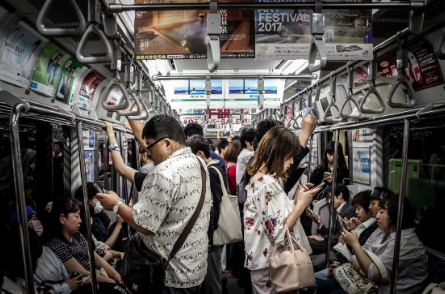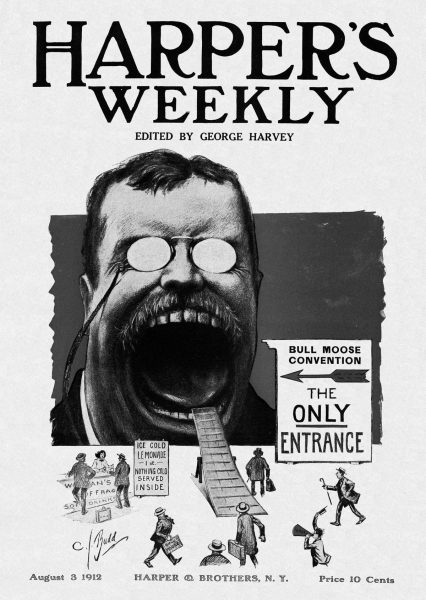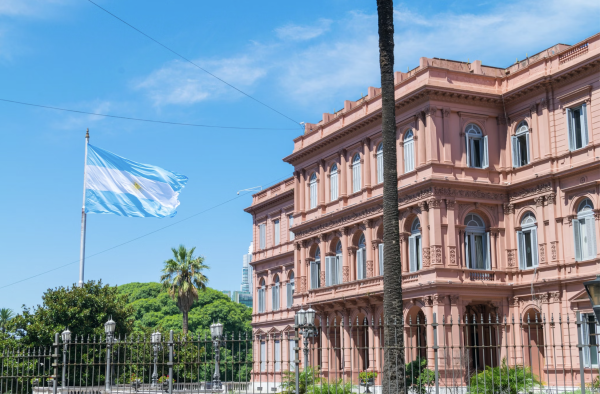Net Neutrality Follow Up
Samuel Krasnoff ’18 believes in the importance of unrestricted access to the internet.
Since the head of the Federal Communications Commission (FCC), Ajit Pai, successfully repealed net neutrality on December 14, 2017, supporters of net neutrality have been on edge, waiting to see if and when internet serving providers (ISPs) will exercise their new found freedom to manipulate the web as they see fit.
Net neutrality prevents ISPs, such as Verizon and Comcast from discriminating against any application or content that someone wishes to view. However, the repeal of the Title II rules the FCC adopted on February 26, 2015 means that these ISPs now have the ability to interfere with web traffic, allowing them to regulate the content someone can view by decreasing speeds for certain websites or just blocking them all together behind a paywall.
The FCC’s repeal of net neutrality will take effect on April 23, 2018. Many people are now asking two major questions: to what extent will these repeals will affect the consumer, and how will they do so? To understand how, other countries that do not have neutrality laws must be examined, and from the looks of it, this can go two ways. Either, the internet is restricted and people have to pay for almost every service, or it can help the consumer and make prices go down, while still offering the full spectrum of the internet. For example, in countries like Morocco, Guatemala, and Portugal, where there are few net neutrality laws, ISPs have turned the internet into a commodity, forcing customers to pay for certain services like Youtube or Gmail.
Yet in Australia, which has no net neutrality laws, people pay less for internet service and they are able to access most, if not all, of the internet. The two key differences between Australia and nations such as Morocco is that Australia has strong consumer protection laws that are enforced by the Australian Competition and Consumer Commission (ACCC), which is an incredibly powerful government entity in Australia that has been able to bring lawsuits toward countless companies. It also publicly owns all the fiber optic wires across the nation, which means that companies rent these wires out from the Australian government, cutting back on the massive cost of having to maintain and build them themselves.
“If I could be sure that there would be the competition that Australia has in the U.S., I would say minimal net neutrality laws would be necessary, but due to the nature of the US ISP market, I doubt it’s possible.”
This allows sixty-three companies to exist, as the initial cost to start a company is small, and create real competition in the ISP market. The US has over 7,000 ISPs according to the CIA, but 57% of Americans are only offered two or less. Although Australia has been able to turn the absence of net neutrality laws in their favor, many Bronx Science students are still skeptical if America could do the same. Samuel Krasnoff ’18 said, “If I could be sure that there would be the competition that Australia has in the U.S., I would say minimal net neutrality laws would be necessary, but due to the nature of the US ISP market, I doubt it’s possible.”
However, as of now America still has to wait and see. The major concern is that the ISPs will implement harmful changes little by little until they become commonplace. Despite this concern, it seems as though ISPs will not touch the internet yet. This is due to the uncertainty of the laws that are still in effect. There have been countless attempts to block the repeals the FCC has been trying to adopt. Twenty-one states, such as New York, California, and, surprisingly, North Carolina,have sued the FCC in order to protect net neutrality. Furthermore, corporations such as the Mozilla Foundation and Vimeo have their own lawsuits directed at the FCC.
Net neutrality is a bipartisan issue with Republicans joining forces with Democrats to restore Obama era net neutrality regulations. The most prominent pro net neutrality Republican is Republican senator Susan Collins from Maine, who has been vocal about her support of net neutrality since Ajit Pai first proposed removing net neutrality laws on November 20, 2017. “She believes that a careful, deliberative process involving experts and the public is warranted to ensure that consumers have strong protections that guarantee consumer choice, free markets, and continued growth,” Collins’ spokeswoman said.
As opposition to the removal of net neutrality regulations intensifies, the future of ISPs, the internet, and the FCC remains uncertain in a post net neutrality America.
Andrew Lee is a Staff Reporter/Business Manager for ‘The Science Survey’ and a People Section Reporter for ‘The Observatory’ yearbook. As a staff...
Adam Israelevitz is an Editor-in-Chief for ‘The Science Survey’ and an Groups Section Staff Reporter for ‘The Observatory.’ As an Israeli citizen...











